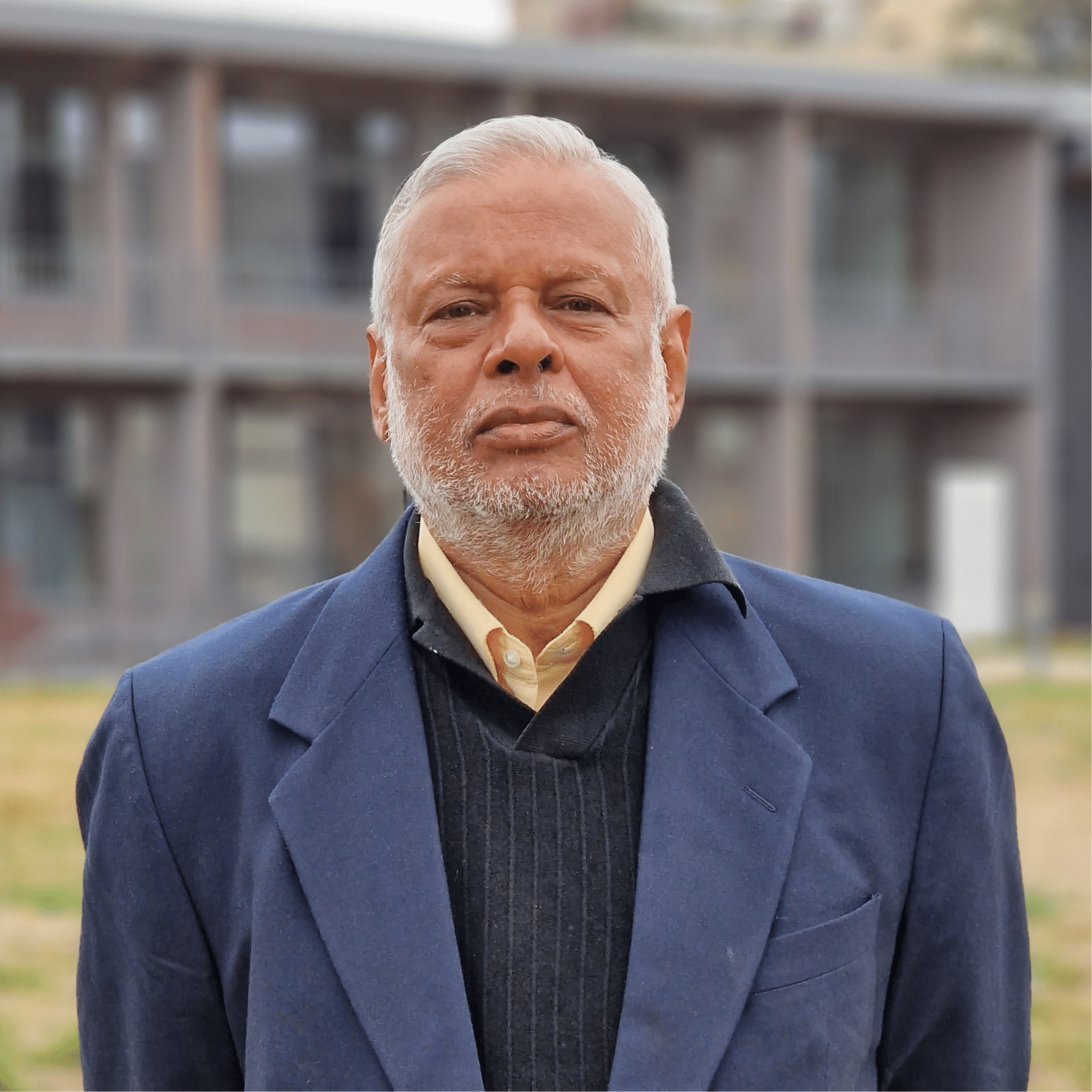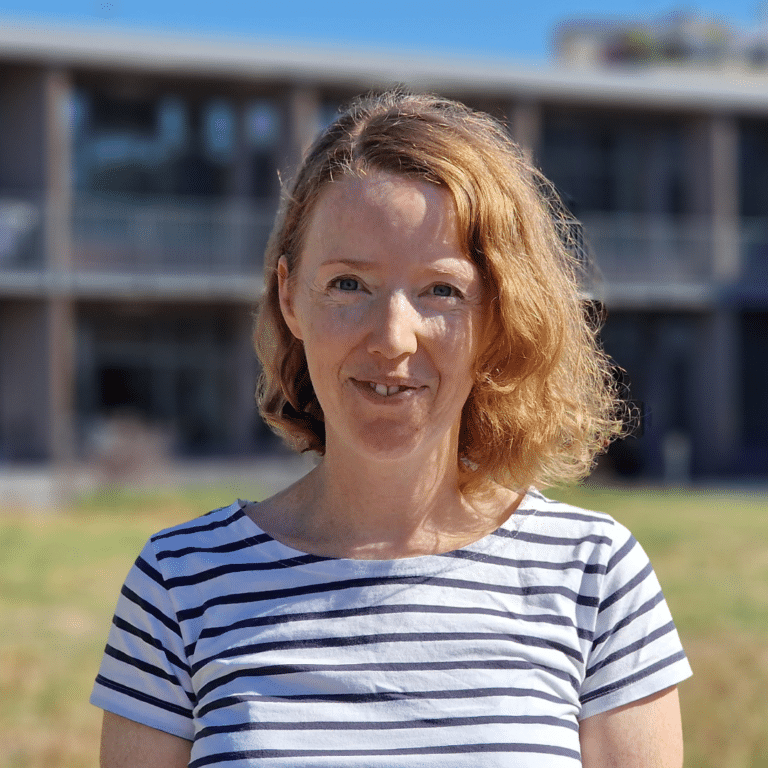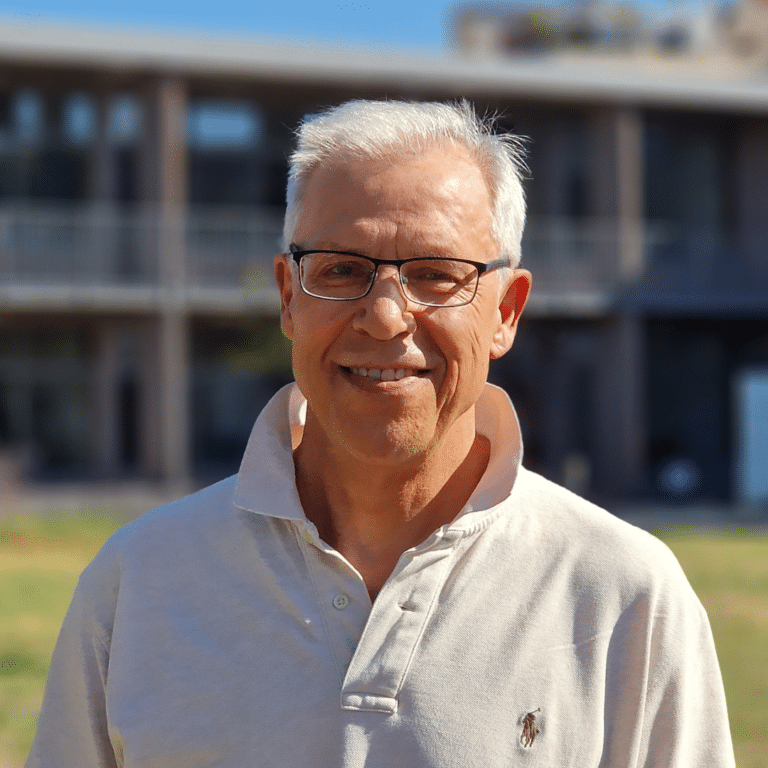
Credit: Andonian Timothée / Iméra
Ranabir Samaddar
Research project
Biopolitics from Below, a New Model of Power, and a Different Politics of Life (Politics, social theory)
Summary of the research project
Drawing overwhelmingly on the postcolonial condition, the formulation, “biopolitics from below”, offers glimpses of a different politics of life and the possibility of a new model of public power. It is a classic case of utopia as social practice, and this in a time of dystopia marking our time.
The theme of bio-politics in our received understanding is connected with the development of governing mode that aims now to save lives. The question is: What happens to this mode in the wake of the crises that visit states and populations? Is it not true that in these hours of crisis governments attempt to adjudicate the number of deaths to save a number of lives? By the calculus of life and death, deaths become necessary to prolong life. As bio-politics under capitalism starts dealing with deaths as much it was dealing with life, this transformation reflects on the idea of a desirable form of public power. A transformation of this calculus, namely how society will try to reorganise itself when life will not be bound by a calculus of deaths, calls for new thinking.
My research aims to argue that, moments of crisis, such as war, a famine, or an epidemic, occasion bio-politics from below. The question of life comes to occupy the centre stage of the politics of the lower classes. The emergence of bio-politics from below is thus contingent on moments of crisis. It is predicated on certain historical trajectories, when horizontal solidarity around issues of life marks the political conduct of the subaltern classes. Biopolitical response from below exhibits exceptional acts of solidarity. Such response around various modes of saving life treats life as “commons”, and places care and protection as the two cardinal axes of public ethics. In this way the age old demand of the lower classes to treat the society as commons reappears. Solidarity is not thus a matter of strength of some doctrine, but strength of a mode of existence.
The world of the lower orders is a variegated world. Thus, biopolitical response from below is not a solid, monolithic phenomenon. I shall therefore inquire into the responses of the various layers of the political world of the subalterns – the village council, city municipality, nurses and doctors’ associations, local/state governments, trade unions, and migrant solidarity forums – to the Covid-19 crisis. It will be important to see the ways in which the principles of care, protection, and solidarity among the lower orders of society stand as instances of “counter conduct” to the corporate norms of governing a society. My findings will be instructive towards understanding the response of the lower orders of society to ecological disasters as well, such as the three massive cyclones that hit the coastal areas of West Bengal in the last fifteen years. I want to investigate further the surge of solidarity among the epidemic stricken people and communities against the grim background of gross inequality of resources including medicines, vaccines, hospitalisation, and other public care facilities among countries of the world.
The acknowledgement of the incipient phenomenon of biopolitics from below leads us to something deeper, namely its relation with the possibility of a new model of public power. The said relation speaks of a moment when horizontal mobilisation on issues of life combines with a new kind of vertical mobilisation of power. In other words, response to crisis is enriched with a strategic vision of a new life. Crisis facilitates bio-politics from below and inaugurates the possibility of a union with a new kind of power that will dramatically change the problematic of life and death to the one of saving the society and bringing life back to the social level of saving and nourishing individual life.
Biography
Ranabir Samaddar is currently the Distinguished Chair in Migration and Forced Migration Studies, Calcutta Research Group, Kolkata, India. He belongs to the critical school of thinking and is considered as one of the foremost theorists in the field of migration and forced migration studies. His writings on migration, forms of labour, urbanization, and political struggles have signaled a new turn in post-colonial thinking. Among his influential works are The Marginal Nation: Transborder Migration from Bangladesh to West Bengal (1999), Karl Marx and the Postcolonial Age (2018), and The Postcolonial Age of Migration (2020). His most recent publication is written in the background of the COVID pandemic, A Pandemic and the Politics of Life (2021).



